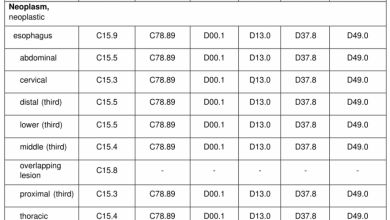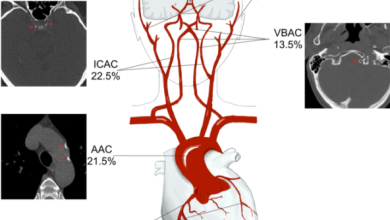The Painful Reality Of Polymyalgia Rheumatica: Understanding And Coping With This Debilitating Condition
Unveiling the Mystery: Polymyalgia Rheumatica Explained
Polymyalgia Rheumatica, also known as PMR, is a debilitating condition that often goes undiagnosed or misunderstood. It is a chronic inflammatory disorder that causes muscle pain, stiffness, and inflammation in the hips, shoulders, and neck. While the exact cause of PMR is still unknown, it is believed to be an autoimmune disorder, where the body’s immune system mistakenly attacks its own healthy tissues.

The onset of PMR can be sudden and severe, with symptoms developing rapidly over a matter of days or weeks. Patients often describe the pain as deep, aching, and constant, making it difficult to perform everyday tasks. The stiffness can be particularly debilitating in the morning, making it hard to get out of bed or move around.
Diagnosing PMR can be challenging, as its symptoms can mimic other conditions such as arthritis or fibromyalgia. Blood tests can help to rule out other conditions, but the ultimate diagnosis is often made based on a combination of symptoms and response to treatment.
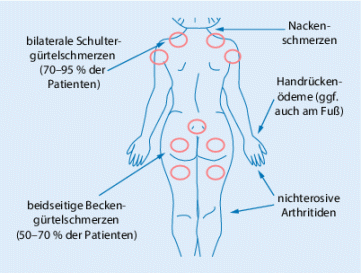
Treatment for PMR typically involves a combination of medications to help reduce inflammation and manage pain. Corticosteroids are often prescribed to help control symptoms, but they come with their own set of side effects such as weight gain, mood swings, and increased risk of infections. Nonsteroidal anti-inflammatory drugs (NSAIDs) may also be used to help manage pain and inflammation.
Living with PMR can be a difficult and challenging experience, but there are strategies that can help individuals cope with the condition. Gentle exercise, such as walking or swimming, can help to improve flexibility and reduce stiffness. Physical therapy may also be beneficial in helping to strengthen muscles and improve range of motion.
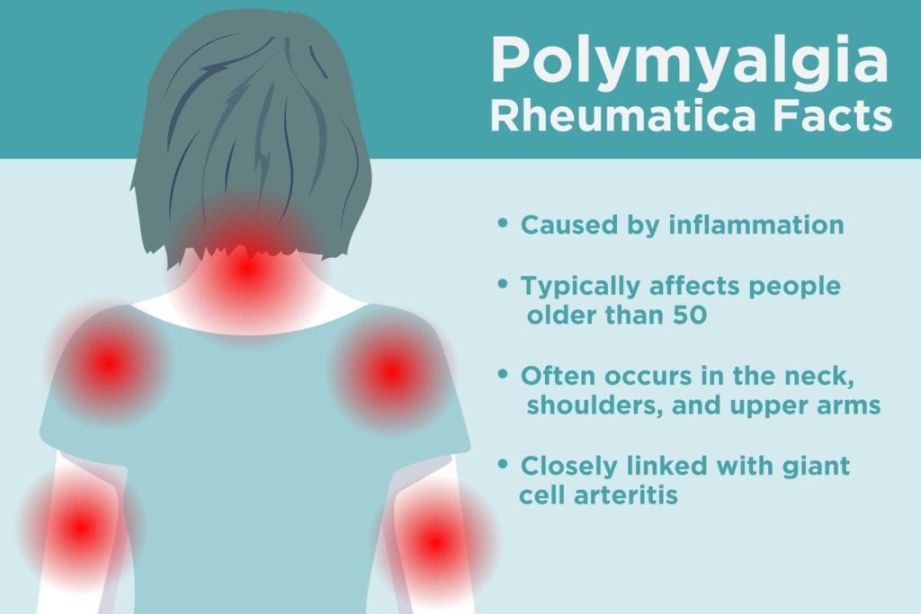
Maintaining a healthy diet and lifestyle can also play a role in managing PMR symptoms. Eating a balanced diet rich in fruits, vegetables, and whole grains can help to reduce inflammation and improve overall health. Avoiding processed foods, sugary drinks, and excessive alcohol can also help to minimize symptoms.
Support from healthcare professionals, family, and friends is crucial in managing PMR. Seeking out a rheumatologist or other specialist who is familiar with the condition can help to ensure proper treatment and management. Joining a support group or online community can also provide valuable emotional support and advice from others who are living with PMR.
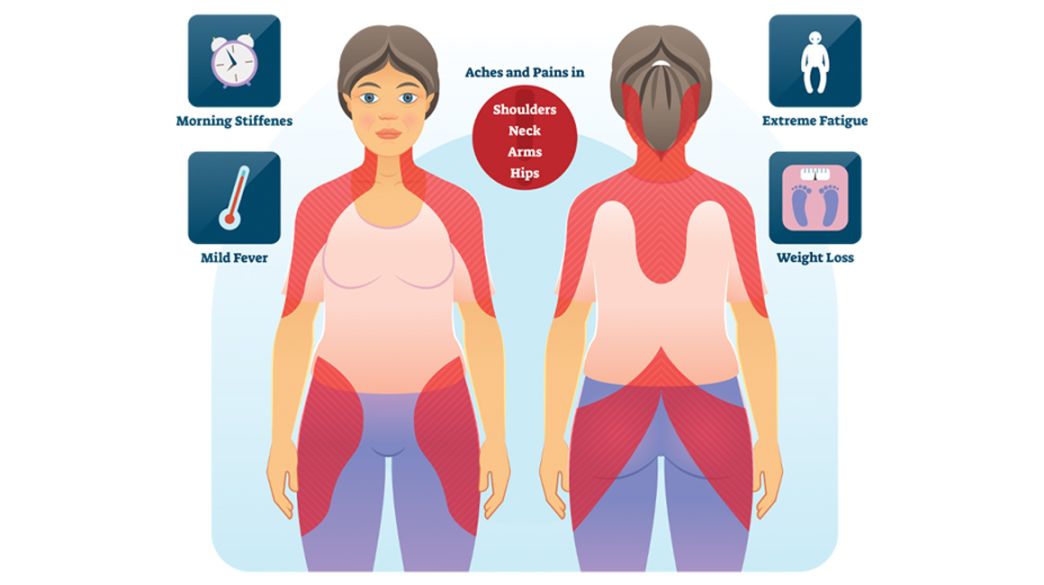
While living with PMR can be challenging, it is important to remember that there is hope. By understanding the condition, seeking proper treatment, and making healthy lifestyle choices, individuals can learn to cope with the pain and stiffness associated with PMR. With the right support and resources, it is possible to thrive and live a fulfilling life despite the challenges of this debilitating condition.




